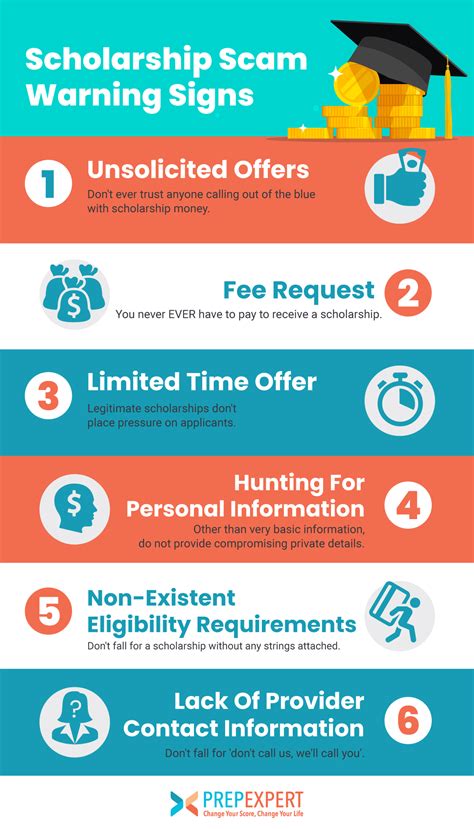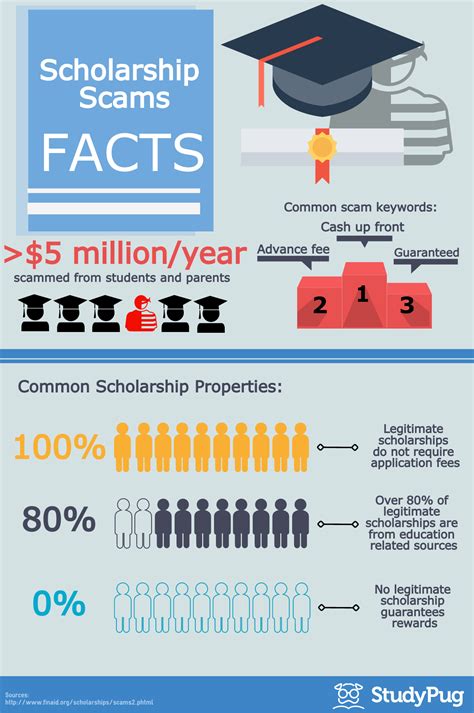fake scholarships to watch out for | is simply scholarships legit fake scholarships to watch out for 1. Request for Payment: Genuine scholarships never require payment. Please note applications fees for admission (scholarship fees) charged by known institutions are legit. 2. . Centrālā statistikas pārvalde (CSP) ir tiešās pārvaldes iestāde, kura darbojas Ekonomikas ministrijas pārraudzībā un ir galvenā valsts statistikas darbu veicēja un koordinatore valstī. CSP regulāri apkopo datus par sieviešu un vīriešu situāciju un atšķirībām sabiedrībā Latvijā.
0 · what is scholarship fraud
1 · scholarships that are scams
2 · scholarships that are not scams
3 · scam scholarship websites
4 · is verified scholarships legit
5 · is simply scholarships legit
6 · is do something scholarship legit
7 · all scholarship services are illegal
Cropp. +38 067 351 09 04. LEVEL 1. Сropp is a clothing brand for real young individuals who want to show their remarkable style and originality with the help of clothes. Today, CROPP TOWN clothing can be purchased in more than two hundred stores in eleven European countries.
Scholarship and financial aid scams often start with a social media post, email, or a letter in the mail. It might look like a personalized invitation, saying you’ve been selected for . 1. Request for Payment: Genuine scholarships never require payment. Please note applications fees for admission (scholarship fees) charged by known institutions are legit. 2. . If students encounter a fraudulent scholarship or feel they have fallen victim to a scholarship scam, experts encourage them to report the . You probably want to know how to know if a scholarship is fake and what you can do to avoid becoming a victim of a scholarship scam. While there isn’t a concrete way to .
How can you tell a real scholarship from a fake? Use these tips to become an informed scholarship applicant. Questions to Ask: Who is offering the scholarship? It is a good idea to look for scholarships from organizations that . A form of fraud, scholarship scams refer to practices used by dishonorable individuals or organizations that claim to be helping students pay for school. Here are some of .
How to avoid scholarship scams: Beware of unsolicited offers. Typically, winning a scholarship or grant that wasn't applied for is impossible. Ask how the organization got your . A financial aid scam can threaten your college plans. We explore how to spot and avoid scholarship scams and where to find legitimate scholarship resources.
what is scholarship fraud

There are a variety of scholarship scams to watch out for, including the following: Scholarships for profit: These scams may look just like a real scholarship application, but they require an application fee. They receive . Scholarship and financial aid scams often start with a social media post, email, or a letter in the mail. It might look like a personalized invitation, saying you’ve been selected for a particular scholarship or financial aid package. 1. Request for Payment: Genuine scholarships never require payment. Please note applications fees for admission (scholarship fees) charged by known institutions are legit. 2. Unsolicited Offers: Be cautious of scholarships you didn’t apply for. 3. Guaranteed Wins: No legitimate scholarship can guarantee you’ll win. 4. No Selection Criteria .
If students encounter a fraudulent scholarship or feel they have fallen victim to a scholarship scam, experts encourage them to report the website or company to the FTC and the Consumer.
How to Tell if a Scholarship is a Fake. The FTC has outlined several signs of a scholarship scam. Be wary of statements like these: "This scholarship is guaranteed, or your money back." No one can guarantee that you'll get a scholarship or grant. You probably want to know how to know if a scholarship is fake and what you can do to avoid becoming a victim of a scholarship scam. While there isn’t a concrete way to guarantee this, here are some tips to avoid scholarship scams. Put these to work to reduce your chances of getting scammed.How can you tell a real scholarship from a fake? Use these tips to become an informed scholarship applicant. Questions to Ask: Who is offering the scholarship? It is a good idea to look for scholarships from organizations that you already know and trust. A form of fraud, scholarship scams refer to practices used by dishonorable individuals or organizations that claim to be helping students pay for school. Here are some of the most commonly seen scams to be on the lookout for, as .
How to avoid scholarship scams: Beware of unsolicited offers. Typically, winning a scholarship or grant that wasn't applied for is impossible. Ask how the organization got your name and contact. A financial aid scam can threaten your college plans. We explore how to spot and avoid scholarship scams and where to find legitimate scholarship resources. There are a variety of scholarship scams to watch out for, including the following: Scholarships for profit: These scams may look just like a real scholarship application, but they require an application fee. They receive thousands of applicants and charge fees from to .
Scholarship and financial aid scams often start with a social media post, email, or a letter in the mail. It might look like a personalized invitation, saying you’ve been selected for a particular scholarship or financial aid package. 1. Request for Payment: Genuine scholarships never require payment. Please note applications fees for admission (scholarship fees) charged by known institutions are legit. 2. Unsolicited Offers: Be cautious of scholarships you didn’t apply for. 3. Guaranteed Wins: No legitimate scholarship can guarantee you’ll win. 4. No Selection Criteria . If students encounter a fraudulent scholarship or feel they have fallen victim to a scholarship scam, experts encourage them to report the website or company to the FTC and the Consumer.
How to Tell if a Scholarship is a Fake. The FTC has outlined several signs of a scholarship scam. Be wary of statements like these: "This scholarship is guaranteed, or your money back." No one can guarantee that you'll get a scholarship or grant.
You probably want to know how to know if a scholarship is fake and what you can do to avoid becoming a victim of a scholarship scam. While there isn’t a concrete way to guarantee this, here are some tips to avoid scholarship scams. Put these to work to reduce your chances of getting scammed.
How can you tell a real scholarship from a fake? Use these tips to become an informed scholarship applicant. Questions to Ask: Who is offering the scholarship? It is a good idea to look for scholarships from organizations that you already know and trust. A form of fraud, scholarship scams refer to practices used by dishonorable individuals or organizations that claim to be helping students pay for school. Here are some of the most commonly seen scams to be on the lookout for, as . How to avoid scholarship scams: Beware of unsolicited offers. Typically, winning a scholarship or grant that wasn't applied for is impossible. Ask how the organization got your name and contact.
A financial aid scam can threaten your college plans. We explore how to spot and avoid scholarship scams and where to find legitimate scholarship resources.
scholarships that are scams

rosie huntington-whiteley miu miu sunglasses
scholarships that are not scams
craigslist provides local classifieds and forums for jobs, housing, for sale, services, local community, and events.
fake scholarships to watch out for|is simply scholarships legit




























